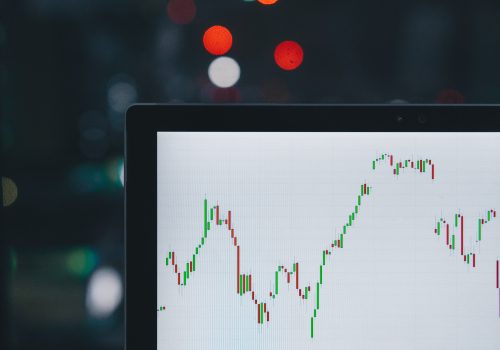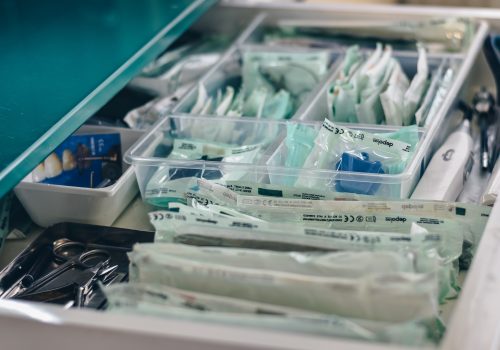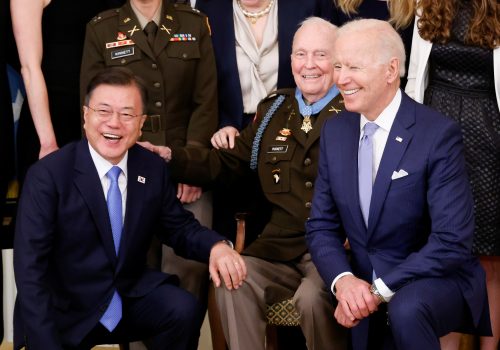Editorial
Before the pandemic, the 2020 Edelman Trust Barometer conducted an international study that chronicled trust in the government. The research revealed that “57% of the general population says the government serves the interests of only a few, while 30% say the government serves the interests of everyone.” Public fear and mistrust have only been exacerbated by the COVID-19 pandemic, especially given its disproportionate impacts on poorer communities. According to a recent World Economic Forum article, public trust is becoming increasingly polarized between the rich and poor, with “elites at 68% trust” and the mass population at 52%. Information streams from widely different institutions and sources on the political spectrum are contributing to this split in trust reality. Additionally, businesses have superseded governments as the most trusted institutions (61%) as a result of “developing vaccines in record time while finding new ways to work.” In the middle of a crisis, a lack of access to basic infrastructure has crippled many poor and struggling citizens across developed and developing countries. Global digital infrastructure faces similar challenges— some fear the long-term health effects of 5G deployment; some fear the government is engaging in digital surveillance; some fear that their jobs will be lost in the era of automation.
Paradoxically, according to the Pew Research Center, the notion that the “federal government has a responsibility to provide support and services for all Americans” is rising in popularity. In a recent conference on digital innovation featuring SICPA CCO Digital, Richard Budel, panelists including Francesca Bosco (CyberPeace Institute) suggested that, in order to rebuild trust, a multi-stakeholder and multidimensional human-centered approach from the government and private sector might be needed. Specifically, initiatives to bolster education, build in the architecture of institutions, increase digital literacy, and explain to citizens how data is used. Panelists highlighted the importance of engaged and educated citizens for fostering change within the public sector. In the words of Mr. Arnaud Bernaert, SICPA’s Head of Health Security Solutions, “you have to trust the citizens before they trust you.” Panelists advocated for higher government transparency and better communication. In the cyberspace, governments could be held to an accountability framework. For example, citizens could evaluate if their representatives are sticking to their commitment, enabling the available regulation, or putting forward initiatives for dialogue. Like all relationships, trust between citizens and the government will require a two-way street.
Moreover, the government needs to take a more active role in the data commercialization to make sure that it benefits citizens; this is a difficult feat, considering that would require playing catch-up and drawing regulations around the private information technology sector, which is consistently innovating. The government must tread carefully in the balance between controllership and leadership. After all, overreach in regulation would result in mistrust. We must leverage technology for human priorities, by better enabling citizens and allowing for greater participation. This starts with transparency and trust-inspired communication, as well as education for the greater public good. According to the recent GeoTech Commission Report, public education on trustworthy digital information could be achieved with the proper initiative from U.S. Congress. The Commission proposed that a government grant program led by the NSF could produce a robust curriculum developed by a coalition of select universities. Although the present is bleak, the future looks hopeful.
Sincerely,
Pascal Marmier
Economy of Trust Foundation / SICPA
Dr. David Bray
Atlantic Council GeoTech Center
Borja Prado & Matthew Gavieta
Editors
Get the Economy of Trust newsletter
Sign up to learn about advances in technology and data activities that, through trust and more transparent frameworks, improve nations and sectors alike.
Latest Report

Building the GeoTech Decade ahead
The GeoTech Report
The GeoTech Center, in partnership with a bipartisan group of leaders from industry and government, has launched the Report of the Commission of Geopolitical Impacts of New Technologies and Data. This report provides an extensive set of recommendations for the U.S. and its allies to thrive in a decade defined by data and technology collaboration and competition. The report is premised on the arrival of the “GeoTech Decade,” in which new technologies and data capabilities will have an outsized impact on geopolitics, economics, and global governance.











